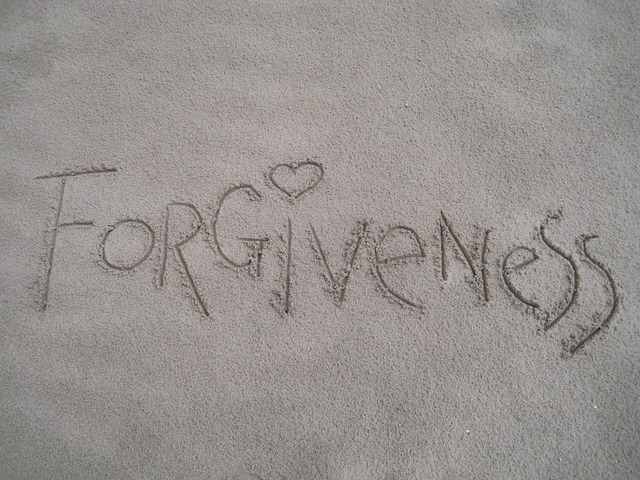Diana Winston, in her book The Little Book of Being, suggests that as we grow in mindfulness, we can more readily develop natural awareness (awareness that is not goal-oriented, but involves being conscious of experiencing awareness itself). She maintains that natural awareness can give rise to deep internal changes that can be sustained over a period or experienced intermittently. These changes involve a clarification of our life purpose and the desire to achieve alignment in our daily lives.
Diana argues that natural awareness is difficult to maintain but whenever realised it takes us into a state of profound peace and equanimity. This state enables us to better manage the vicissitudes of life – the waves of challenge and disturbance that are an integral part of being human.
Developing Natural Awareness
Diana suggests several ways that you can develop natural awareness as a part of your everyday life:
- While undertaking a simple daily task like washing the dishes, focus your attention on the sensations associated with this action, e.g. the visual realisation of the suds that arise when dish washing liquid is added to the water, the sensation of the hot water on your hands, the sense of accomplishment or associated relief from completing an often unwelcome task.
- Consciously monitoring how you spend your time during the day and deciding to let go of activities that take you away from alignment with your life purpose, e.g. watching “soap operas” or “reality television”, spending time criticising others/the government/service providers, reading magazines that are based on rumour and gossip or holding onto anger or resentment.
- Ask yourself, “Who would you be if you were fully you?” and engage in deep listening as you attend to what emerges from this brief reflection.
- Imagine something that is deep and boundless such as the ocean depths; something that is expansive and ever-changing such as the clouds in the sky; or something that is brilliant and visually contrasting such as a sunrise or sunset.
- Notice what has changed inside you when you effortlessly handle a disruption to your meditation practice, an annoying comment from an spiteful person, an unwarranted criticism or time spent waiting for public transport.
- Find a “new address” by moving out of Envy Boulevard or “Anxiety Street” or any other self-absorbed position or location – moving progressively instead to a new place to reside such as “Joy Avenue”.
- Consciously avoid foods that cause inflammation in your body and negatively impact your health and well-being, and practise mindful eating with health-promoting foods.
Reflection
Natural awareness is a desirable outcome flowing from meditation and the associated growth in mindfulness. With natural awareness we can experience deep personal insight and change, clarify our life purpose and progressively move to achieve alignment with that purpose in our daily activities – our words, our actions and how we spend our time. This integration leads to sustainable happiness.
____________________________________________
Image by Eric Michelat from Pixabay
By Ron Passfield – Copyright (Creative Commons license, Attribution–Non Commercial–No Derivatives)
Disclosure: If you purchase a product through this site, I may earn a commission which will help to pay for the site, the associated Meetup group and the resources to support the blog.



